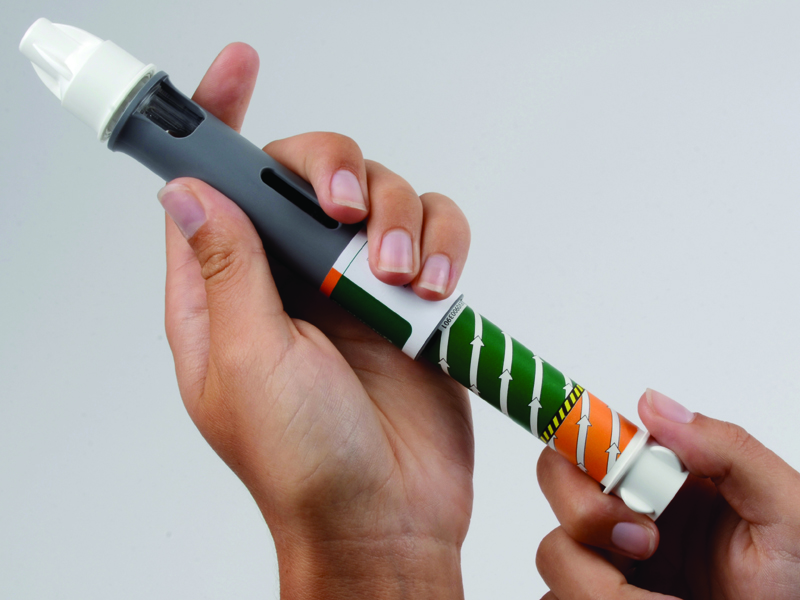Patients with diabetes may be able to shift from 14 injections per week down to just one
Patients with diabetes may be able to shift from 14 injections per week down to just one with the listing of a slow-release treatment, as part of the government’s $70 million PBS subsidy of new medicines.
From September 1, up to 20,000 patients with type 2 diabetes will have access to exenatide (Bydureon), an extended-release non-insulin drug administered by injection pen and used in combination with oral medications.
Diabetes Australia CEO, Associate Professor Greg Johnson said the pen, which will save patients $1600 per year, was “a great step forward”.
“The injection pen is much easier to use, and has less intrusion on the day-to-day lives of people with diabetes.
“For many, this once-a-week injection form is ideal and it’s now affordable,” he said.
A number of other diabetes treatments will also be made available on the PBS, including linagliptin (Trajenta), linagliptin with metformin (Trajentamet) and vildagliptin (Galvus) and vildagliptin with metformin (Galvumet).
Federal Health Minister Sussan Ley said the moves would particularly benefit indigenous Australians, who were five times more likely to die from diabetes-related causes than non-indigenous people.
Women with advanced cervical cancer will also have access to bevacizumab (Avastin) for the treatment of persistent, recurrent or metastatic cervical cancer if surgery and radiation are not viable.
The listing will cost the government $60 million a year. Another $10 million has been earmarked for pasireotide (Signifor) for patients with acromegaly.


